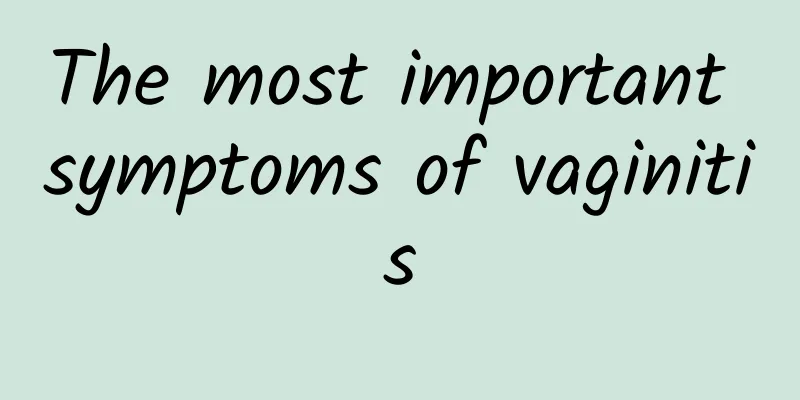Trade interests vs. safety: debate over Clenbuterol in public hearing

|
The Department of Health plans to propose a draft amendment to some articles of the Food Sanitation Management Act to allow the import of meat containing a limited amount of the lean meat stimulant ractopamine. The Legislative Yuan's Health and Environment Committee held a public hearing on meat safety on the 28th. Legislators and scholars who hold positive and negative opinions on ractopamine are still arguing over trade interests and safety. The committee is expected to review the Esophageal Act tomorrow, and the two sides are bound to tug-of-war again. The government plans to allow meat products containing the lean meat stimulant ractopamine, and opinions in favor and against are still in a tug-of-war at the public hearing. (Photo taken from the Food and Drug Administration website) Scholars who support the liberalization of ractopamine believe that Americans also consume a large amount of beef containing ractopamine, which shows that it is safe to eat. They call for setting an allowable value for ractopamine, which is a scientific approach. They are also worried that if our country cannot provide conclusive evidence that ractopamine is harmful to the human body, but continues to insist on the ban or even stipulates zero detection in the law, since the United States is Taiwan’s third largest trading partner, the trade sanctions it faces may affect other agricultural products. Those who oppose the liberalization believe that there is currently no data on the effects of ractopamine on the human body, but that does not mean that it will not have effects. They argue that since it is a scientifically uncertain issue, the government should follow the EU's approach and insist on not accepting any meat imports containing hormones. Some legislators also sarcastically stated that some people recently questioned the abuse of banned drugs in domestic pork, which is more serious than the problem of American beef containing ractopamine. They pointed out that if eating meat in the country is already so unsafe, the government should not allow risky meat imports. The Health and Environmental Protection Committee will review the amendment to Article 11 of the Esophageal Act starting tomorrow. Convener Tsai Chin-lung said that he will compile the opinions of all parties at today's public hearing and give them to the legislators as a reference for legislation. |
<<: The top 5 domestic rices are released! Taijing No. 9 wins the championship
>>: Department of Health announces different nutritional intake priorities based on age
Recommend
What are the contraindications of women's amenorrhea medication?
Amenorrhea and lactation syndrome are usually pit...
Many cases are caused by the harm of cervical erosion.
Gynecological diseases are unavoidable for women,...
What are the common symptoms of irregular menstruation?
Irregular menstruation is a common disease among ...
Do you know that there are foods that you cannot eat during menstruation?
Women cannot eat cold food during menstruation. I...
Different types of vaginitis have different symptoms
At present, the incidence of vaginitis is gradual...
Say no to stiffness and soreness! Stretching your muscles is better than weight training
Why does sitting for too long and not moving enou...
Will uterine fibroids disappear after pregnancy?
Uterine fibroids will not disappear during pregna...
Analyze the factors of irregular menstruation for you
Among the gynecological diseases of women, irregu...
Drug treatment of endometrial tuberculosis
Endometrial tuberculosis often follows pulmonary ...
Do you have many sports myths? Solve the top 10 questions for beginners!
From a life of partying every night to a health e...
What are the causes of acute pelvic inflammatory disease?
Everyone knows that pelvic inflammatory disease i...
Does drinking coffee and pepper together help burn fat? Don’t miss this detail…
Are you a coffee addict? If you want to reap the ...
Eat only protein to lose weight? Don't make these 8 wrong habits
Female celebrities will do anything to lose weigh...
Analysis of the causes of vaginitis in young girls and adolescent girls
MicrosoftInternetExplorer402DocumentNotSpecified7....
Office ladies must know! There is a reason why you can't get rid of your butterfly sleeves. Carrying your bag like this won't work.
For office workers, a bag that is both beautiful ...









